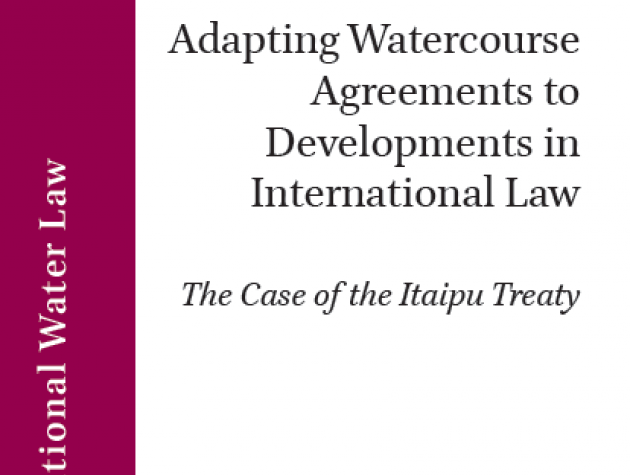GEG WP 2014/93 The Governance of the World Intellectual Property Organization A Reference Guide
Abstract
The World Intellectual Property Organization (WIPO) is the UN system’s key agency charged with intellectual property (IP). This working paper offers an overview of the core components of WIPO’s governance system, described in practical, readily accessible terms for policymakers and stakeholders in the form of a factual reference guide. The paper also serves as background for a forthcoming book manuscript, which critically reviews the power politics, dynamics and evolution of WIPO’s governance since 1967.
After presenting a framework for analysing WIPO’s governance system, this paper reviews the origins of WIPO and sets out its current functions and activities. The core of the paper examines components of WIPO’s current governance system in five thematic areas: legal foundations, mandate and purpose; decision-making structures, processes and practices; financial arrangements (e.g., income sources and budget process); mechanisms for accountability and control of the Secretariat (i.e., for oversight, audit and evaluation); and transparency and external relations. The paper highlights that WIPO’s financial model is unique among UN organisations as it is almost entirely self-financing, raising revenue from private sector fees in exchange for treaty-related services rather than from Member State contributions. The paper also shows that the WIPO Secretariat is both a subject of WIPO’s formal governance structure and an actor in the wider governance system that impacts what the organisation does and how.
This paper was updated on 26 March 2015 to reflect feedback from an informal dialogue with officials from WIPO, a number of WIPO Member States, and experts.







